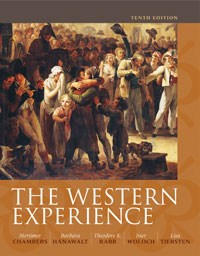| A) | The belief that a monarch's powers derived directly from God, and thus that treason was a kind of blasphemy.
|
| B) | The belief that no one state should be permitted a dominant role in international affairs, and that alliances among their neighbors ought to restrain ambitious rulers.
|
| C) | Often known by its French name, raison d'état, the doctrine that, especially in foreign affairs, a state is bound by no restraint when pursuing its interests.
|
| D) | English political party committed to a strong Parliament and religious toleration.
|
| E) | The political doctrine that authority in a state depends on consent by the governed, or at least by the leaders of the society.
|
| F) | English political party committed to a strong monarch and a strong Anglican Church.
|
| G) | Social gatherings, usually organized by elite women, that sought to promote discussion of Enlightenment ideas.
|
| H) | Prussian aristocrats whose large estates and tradition of military and bureaucratic service ensured their dominance within the Prussian state.
|
| I) | Description in political theory of the condition of humanity before the creation of governments.
|
| J) | Political doctrine that the monarch is the source of all authority and government in a kingdom.
|
| K) | Document (usually only in a constitutional system) listing the protections from government oppression enjoyed by individual citizens.
|





